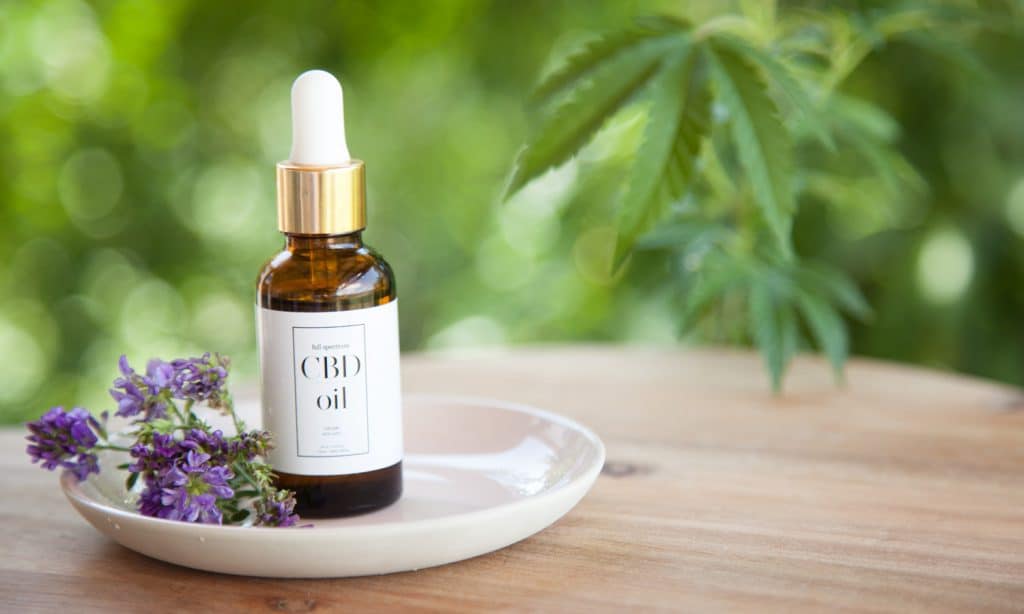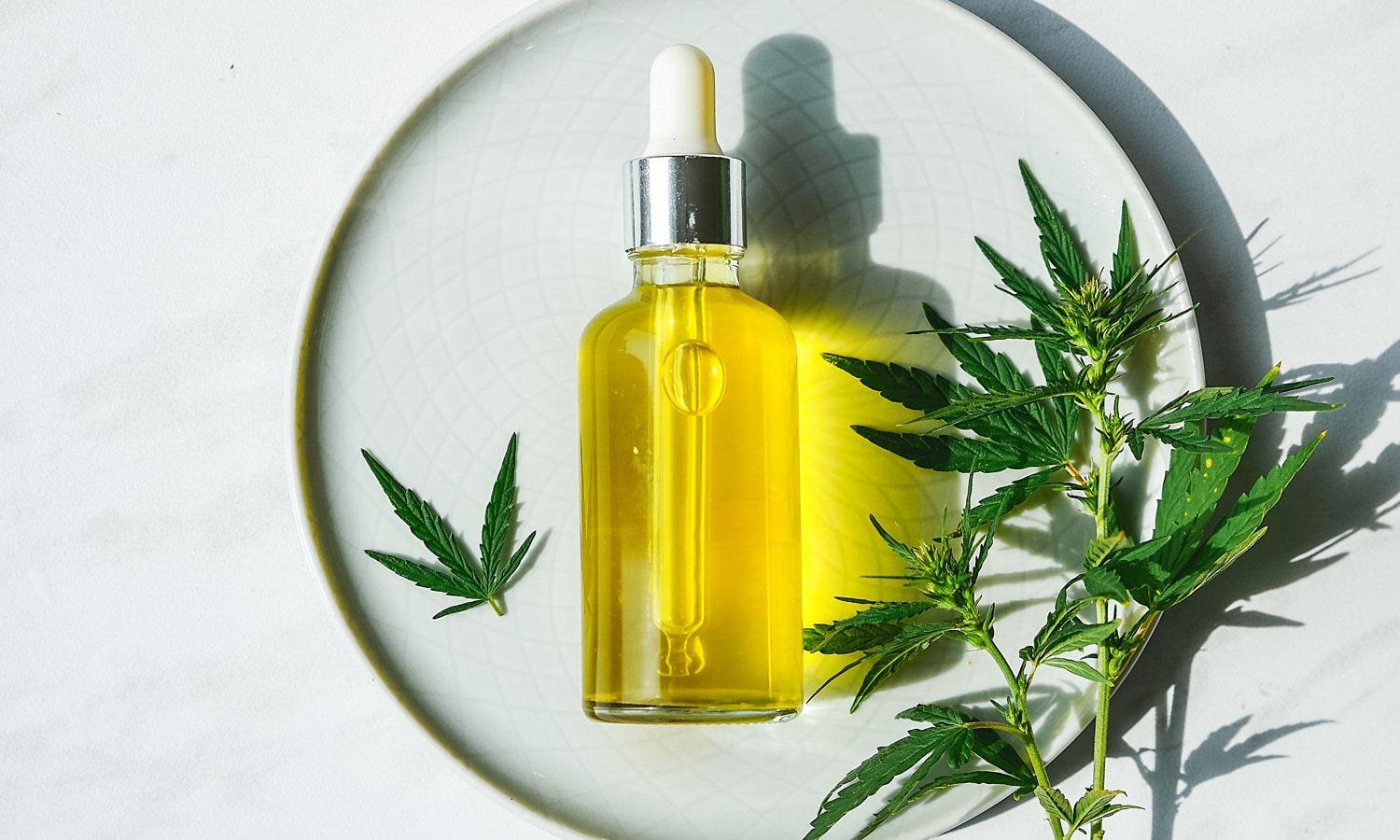Increased education efforts by medical professionals and lowered prices will only continue to keep driving the industry up.
Think we’ve achieved some saturation point for all things cannabidiol (CBD)? Think again. The hemp-based CBD extract market will become a $2.25 to $2.75 billion industry in 2020, according to Nielsen projections. In five years, they expect those figures to more than double. The company predicts CBD will become a $6 billion industry by 2025, when CBD-infused food and beverages become more widely available.
Their 2020 projection, says Rich Maturo, vice president of cannabis practice at Nielsen, skews toward a conservative estimate. The company accounted for possible headwinds from any Food and Drug Administration regulations or other roadblocks that might comes this year.
A Grocery Manufacturer Association survey reports that 76% of Americans believe CBD products already fall under FDA safety regulations, despite no such regulations existing. Instead, the FDA announced last year qualified experts could not conclude if hemp-extracted CBD was Generally Recognized As Safe (GRAS) to include in human or animal food products. Despite all that, Nielsen believes the 2020s will be recognized as the decade CBD transforms from lifestyle trend into a business powerhouse.
RELATED: 4 Predictions For The Marijuana Industry In 2020
“While the regulatory roadmap remains ambiguous, one thing is clear: The next decade for the hemp-based CBD market has the potential to be a game changer for the traditional CPG [Consumer Packaged Goods] and retail industry,” Maturo wrote in a Nielsen company blog post.
Education for medical professionals remains a crucial building block for the marijuana industry. A 2019 study found that more than half of primary care providers were unable to answer patient’s medical conditions when it came to cannabis treatment. That knowledge gap rises even higher when it comes to CBD, according to Nielsen’s Q4 Health Care Practitioner Tracking Study. Though 70% of doctors admit to discussing CBD with their patients, only one in three understood the laws around hemp and CBD.

Aside from free products, doctor recommendations are the biggest influence in convincing patients to use CBD. Nielsen’s “Thinking Beyond the Buzz” study reported that 50% of adults interested in hemp-CBD products would be motivated to try them if a health care practitioner offered them guidance. This far outpaced recommendations from family (16%) and friends (17%), or seeing familiar brand names on CBD products (15%).
Maturo expects more “manufacturer-driven, educational efforts” aimed at health care providers this year to decrease the CBD knowledge gap and increase consumer interest.
RELATED: These States Are Most Likely To Legalize Marijuana In 2020
“If the medical community is properly educated, its influence will be profound for the hemp-based CBD industry,” Maturo writes. “In fact, over the next decade, Nielsen believes that primary health care practitioners may do more to drive trial and brand/format loyalty than traditional branding and marketing efforts.”
Should consumer interest rise as expected, Nielsen predicts we’ll see even fiercer battles among product competitors. Along with more efficient cultivation and extraction practices, this will drive prices down in the market. In other words, don’t expect CBD products and shops to go away anytime soon.


